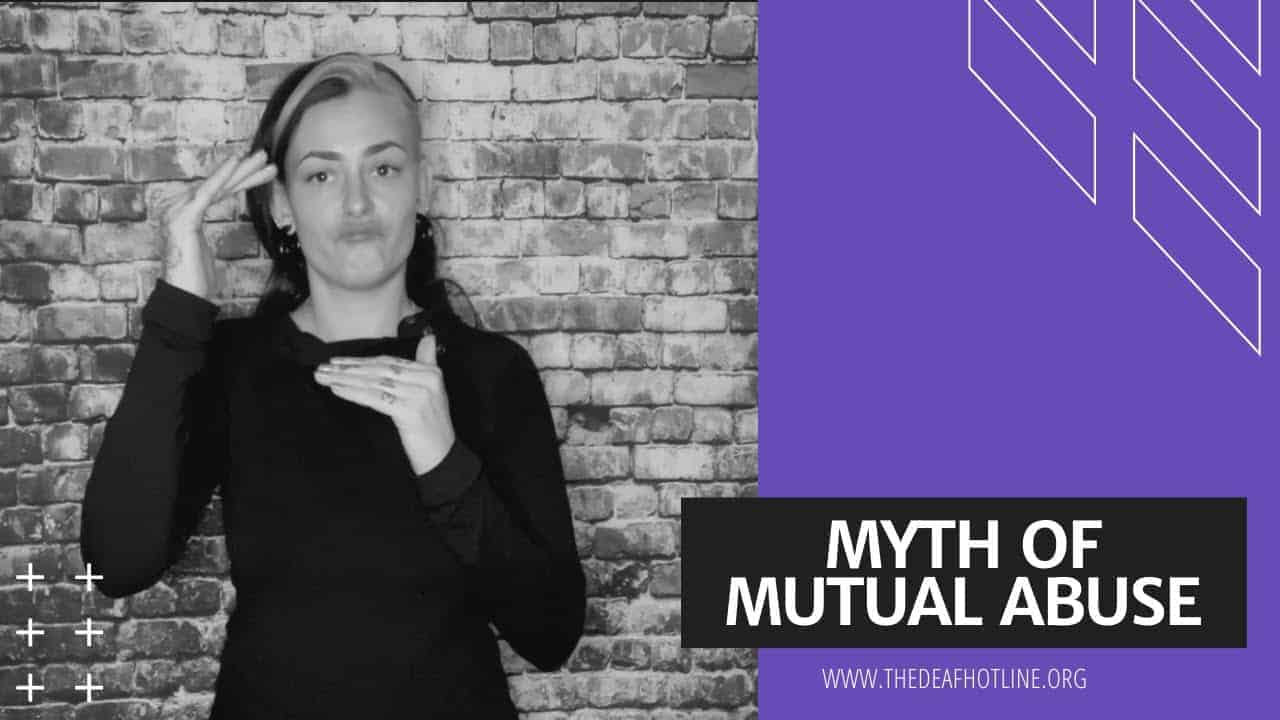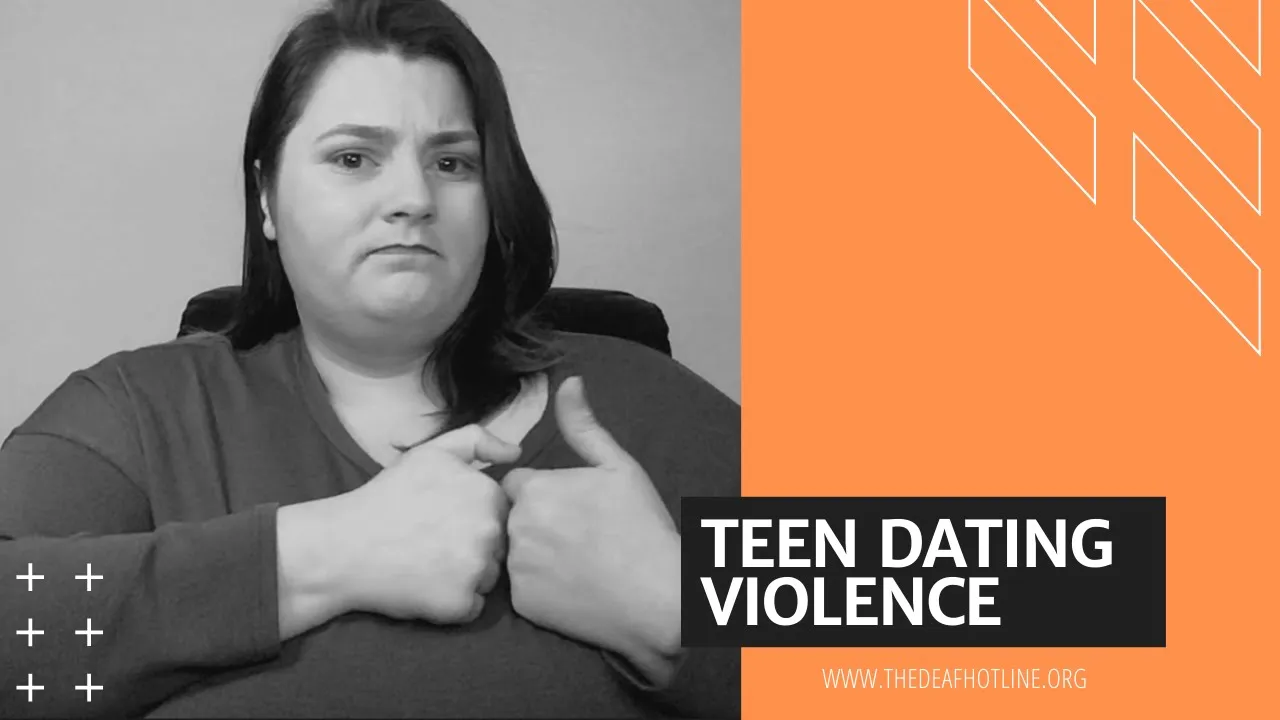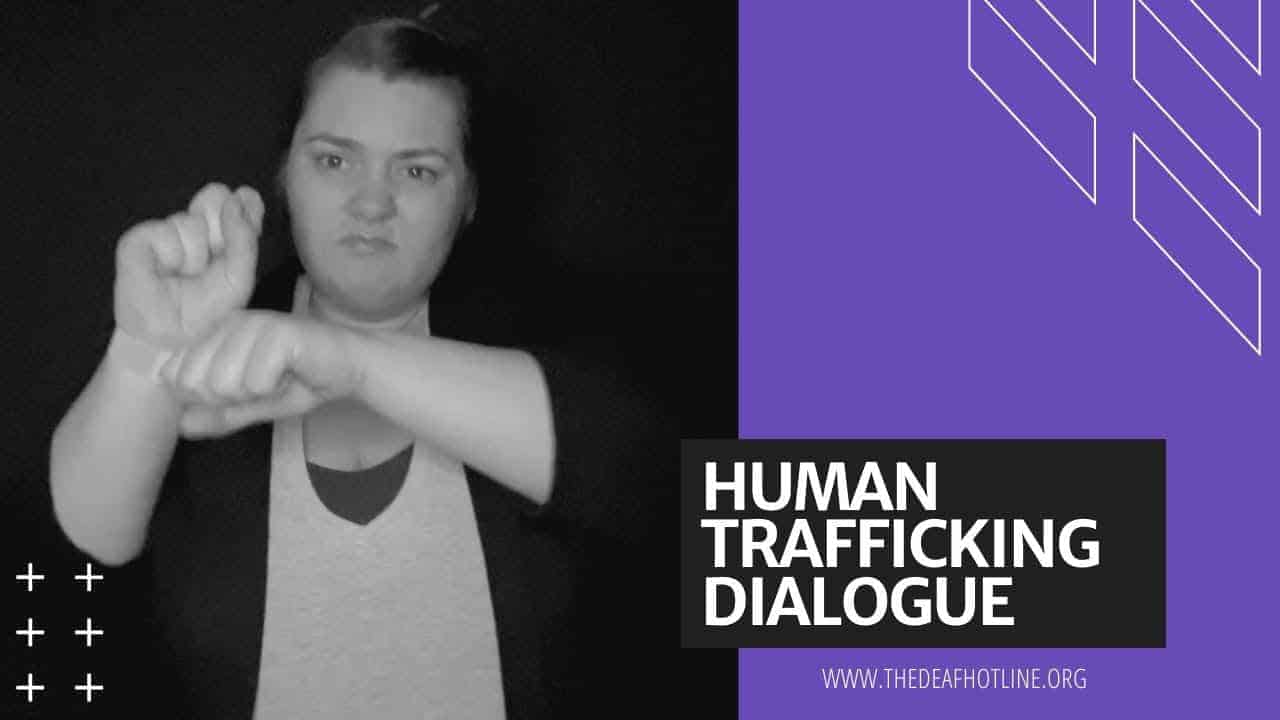Power and control. Those two things form the foundation of relationship violence and oppression. Once we develop a richer understanding of power and control, we can begin to understand the logic behind abuse and oppression. We work at Abused Deaf Women’s Advocacy Services, ADWAS, who is in partnership with the National Domestic Violence Hotline (NDVH). In our field, we have studied intimate partner violence, known as IPV, domestic violence (DV), sexual assault (SA), stalking, harassment and violence. We work with survivors of interpersonal violence, other anti-violence organizations, and have learned from everyone involved in domestic abuse advocacy to identify what reproduces the cycles of violence. They have narrowed this down to the key causes of power and control.
There are many frequently asked questions we want to answer about power and control, some of which we will cover here:
- Have you ever found yourself confused about how to develop a healthy relationship?
- How can you identify warning signs that abuse could be present in your relationship?
- Do you feel chronically mistreated by a loved one?
- Do you struggle with a jealous partner?
- Would you like to learn more about consent ?
- Do you have a friend or two who seemed to isolate themselves after getting in a relationship?
- Do you know someone in a relationship that you feel some concerns about?
Abusive partners can be any gender. Abuse can happen to anyone. Some may use terms like “gender violence” or “gender-based violence” because there is a large pattern of violence from men toward women. This is also why some of our research or citations may mention “men”, but what we mean is the abusive partner. In the video above, we use ‘abuser’ or ‘abusive partner’ to identify who is taking advantage of power and control over another person, but there are terms other may prefer or may fit other contexts like ‘batterer,’ ‘stalker,’ ‘harasser,’ and more. The purpose of the word ‘abuser’ or ‘abusive partner’ is to identify someone who chronically mistreats and devalues their partner.
We have to recognize a big myth about abuse and violence: that it has to do with emotions. It does not. Lundy Bancroft, a consultant and writer on domestic violence, has worked in batterer intervention programs (BIP) for many years and wrote in his book, Why Does He Do That?,
[T]he problem of abusiveness has surprisingly little to do with how a man feels—my clients actually differ very little from non-abusive men in their emotional experiences—and everything to do with how he thinks. The answers are inside his mind.
One example of Lundy’s revelations comes during a session of his with a survivor. She told Lundy that her partner had a tendency to snap and lose control and break things when he got angry at her. She lets him cool off because she felt his anger made it hard for him to think and listen to her. After this, he leaves, cools off, and comes back with gifts and apologizes to her. This has happened many times. Lundy and the survivor uncovered the pattern of how he would only break her things, and he would not clean up his own mess after returning. This is one of many examples where abuse can seem very emotional and heated, but the way they think is still calculating and clear. They feel entitled to breaking their partner’s things. Why do they do this? Lundy writes,
…abuse is not his goal, but control is, and he finds himself using abuse to gain the control he feels he has a right to.



